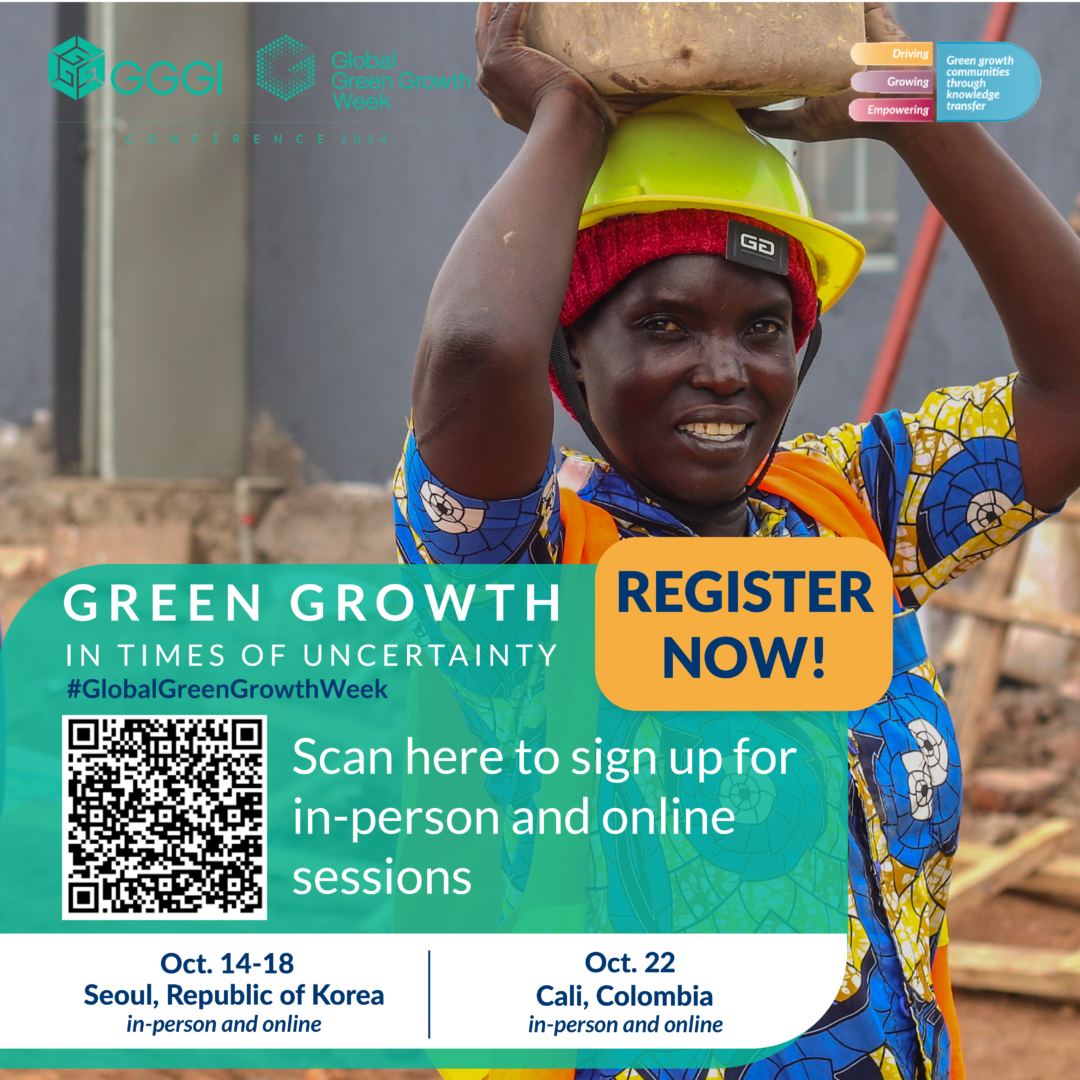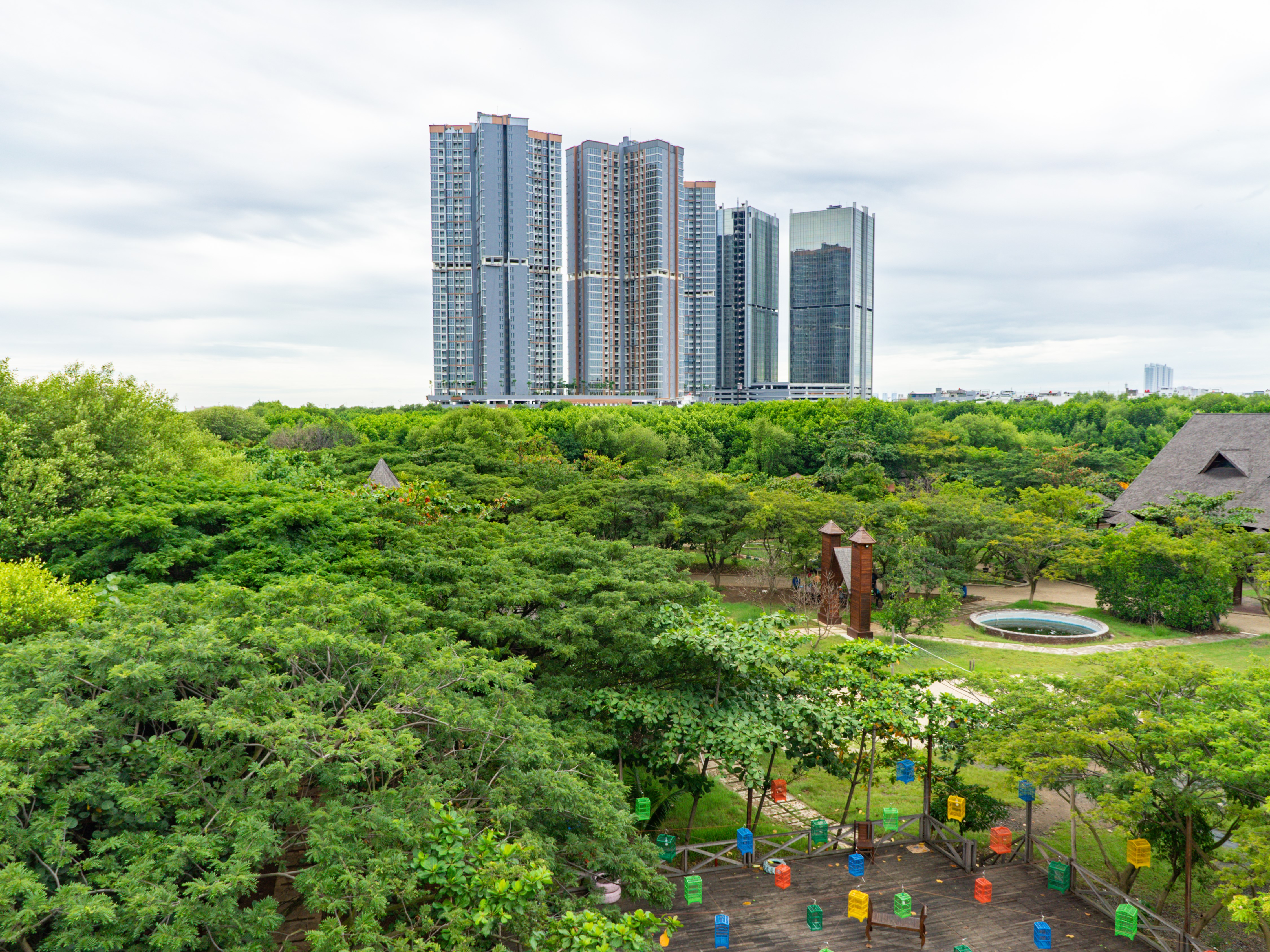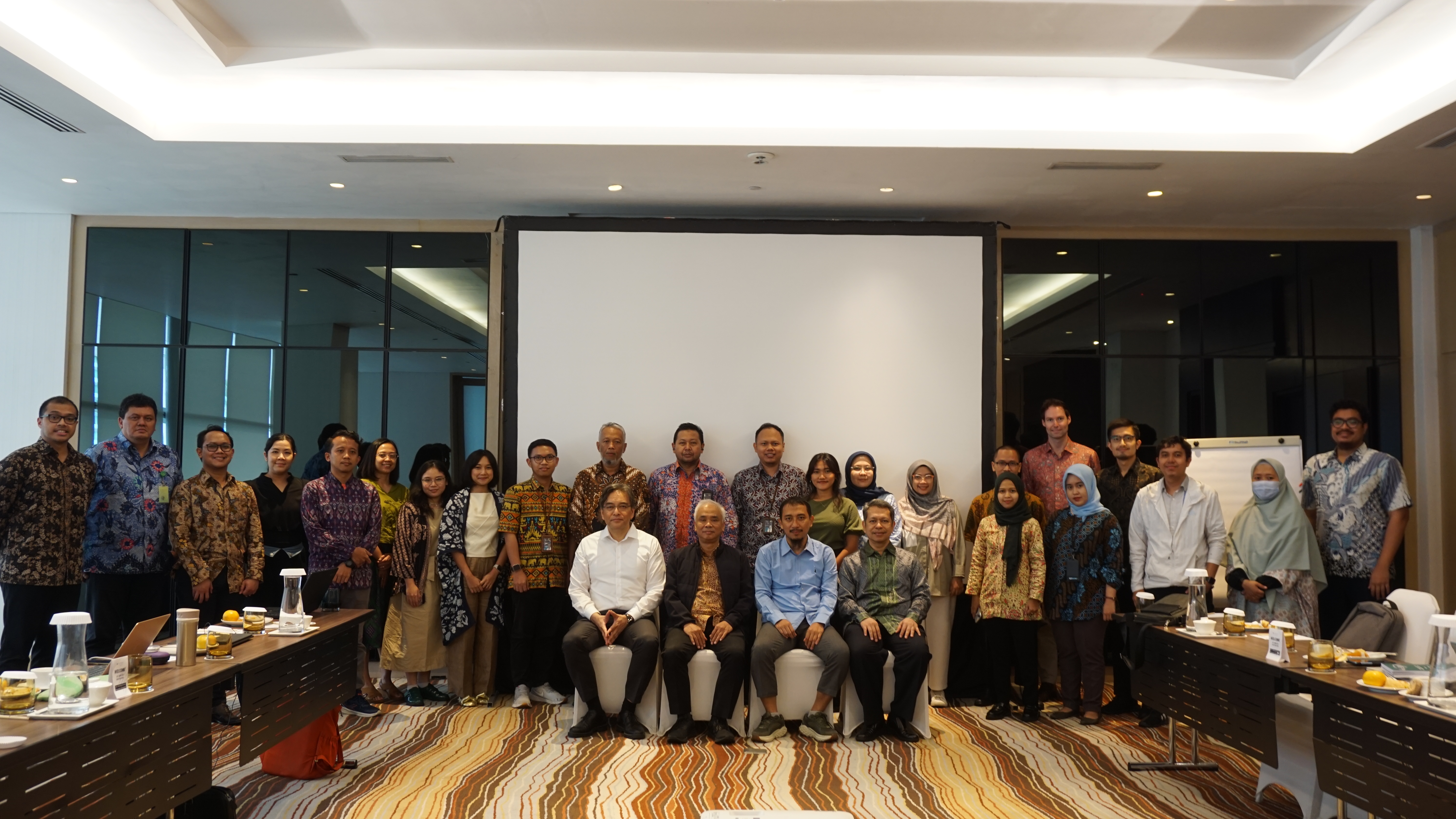Vision: Blockchain Technology for Indonesia’s Palm Oil Sector
One of the biggest challenges for palm oil as a commodity is that of establishing traceability and sustainability. Indonesia supplies close to 45% of the world demand for palm oil. Over the last two decades, in Indonesia, the palm oil sector has grown tremendously (doubling in terms of area under palm oil plantation), but this has also resulted in clearing rainforests and draining peatlands, thereby making the palm oil crop having one of the highest GHG emissions impact as an agricultural crop.
Averaged over the last three years, palm-driven land use and land-use change in Indonesia and Malaysia has emitted roughly 500 million tonnes of CO2e each year, contributing 1.4% of global net CO2e emissions[1]. On the demand side, India, China and the EU are amongst the biggest consumers of palm oil. Recently, the EU has passed laws that mandate a phase out of palm oil (used as biofuel) from the transportation sector by 2030[2]. This decision would have substantial impact as more than 60% of all EU imported palm oil is used as biofuel. On the supply side, the smallholder farmers are usually missing clear land titles, access to formal financial services, face lack of awareness and capacity for sustainable practices. The larger companies remain dependent upon the traders and middlemen to source palm oil fruit and find it hard to establish sustainability because of very high information asymmetry.
While there are existing sustainability mechanisms like the Roundtable on Sustainable Palm Oil (RSPO), the Indonesian Sustainable Palm Oil system (ISPO), etc., but overall the traceability and sustainability for much of the palm oil produced in Indonesia remains a challenge. For the consumers, and consumer-facing companies, RSPO and ISPO are the only third-party mechanisms to verify and trace the sustainability of the consumed/ procured palm oil, respectively. Establishing and maintaining the traceability of palm oil across the value chain is very complex because of multitude of factors – complex value chains with multiple middlemen, regulatory challenges, lack of consumer awareness etc. Without a transparent and robust system of traceability, it is almost impossible to establish if the palm oil has been produced sustainably (following the ‘NDPE’ – No Deforestation, no peatlands clearing and no labor Exploitation practices). Although RSPO has been making progress by adopting stringent criteria for sustainable palm oil, there still is much criticism about organizations flouting such requirements[3]. The value chain for palm oil chain is also long, complex and diverse – consisting of palm oil growers – both smallholder farmers and plantations, traders for the fruit, mills that crush fruit to crude palm oil, refiners that make derivative products from crude oil and finally the consumer-facing companies that use refined palm oil across their own product portfolio (cooking oil, biofuel, etc.). The market is ready for (and requires) a technology-based intervention that brings transparency in the entire sector and triggers the move towards a sustainable palm oil market.
This blog presents a vision for a blockchain technology-based initiative – Palm-Oil-Block (POB). Deloitte’s primer on blockchain technology explains[4] – “A blockchain is a digital and distributed ledger of transactions, recorded and replicated in real time across a network of computers or nodes…There is no need for a central authority to approve the transaction, which is why blockchain is sometimes referred to as a peer-to-peer trustless mechanism.” Essentially, the blockchain technology provides a more secure way for ledgers, keeping records, and secure databases without having a central manual intervention. Thus, the cost-of-verification for any record on a blockchain based system is drastically lower than a human-based system. This results in an operating model that is based upon system-based trust model rather than counter-party based trust model for transactions.
The POB initiative is envisioned to take advantage of these characteristics of the blockchain technology and its focus would be to create a low-cost, trustworthy traceability mechanism. Essentially what is required is an integrated, tamper-proof database system that carries and maintains the digital identity of palm oil, that can be used by all stakeholders across the value chain -from refiners to end-consumers. Currently, the costs associated with concretely establishing the sustainability of palm oil are high –it requires frequent auditing, monitoring and reporting across the value chain (from farm till the manufacturing processes) with possibility of data manipulation along the chain. With the POB initiative, the auditing, monitoring and reporting would only be required at the farm level to create the digital identity for palm oil, and then this information would be tamper-proof across the value chain. The initiative is envisioned to use blockchain technology coupled with latest technological developments in industrial internet , end-consumer mobile apps, web and cloud services etc. to fully digitize the existing supply chains for palm oil. It would be an integrated technology suite solution, implementable across the palm oil sector starting from the source (palm oil growers) to the end-point of consumption. This initiative would also have direct implications for increasing both the value and awareness of sustainable palm oil.
The first and foremost problem to be solved by POB would be the traceability issues associated with the sector. This would include working across the supply chain with different actors to establish (and highlight) the traceability for sustainable palm oil. It would work with the growers to ‘digitize’ all sources of palm oil fruit (based on geo-tagging, growers’ details, land permits, etc.) – starting from the large companies and gradually smallholder farmers. Once the traceability for the source is established, it would work with the mills and refiners to ‘retrofit’ technologies (like Internet-of-Things or IoT, redesigned industrial process flows, data management etc.) that build and maintain traceability records for the palm oil, even as it flows through the supply chain. In the end, it would work with the end-consumer facing companies to implement new consumer-interactive packaging for the product that helps consumers understand and become more aware about the products’ sustainability. The initiative would also build consumers-centric technologies (mobile apps, data analytics, etc.) that would enable them to interact with the product using their smartphones and keep a record of their own ‘consumer sustainability profile’. The initiative will rely primarily upon blockchain’s ability to form a low cost, trustworthy and tamper-proof information system and ability of IoT, cloud services etc. to build and maintain robust online data records.
Once a ‘digital palm oil’ asset is created at the farm level, the asset would be traced through the entire value chain as the asset undergoes ‘change-in-forms’ from fruit to oil to refined products as it moves in the value chain. This is similar to segregated supply chain system under the RSPO practices[5]. The IT systems across the value chain would be configured to exclude any palm oil which doesn’t carry a digital identity. Thus, each change-in-form could be traceable back to the original digital asset created at the farm level. Significant ‘last-mile challenges’ are anticipated at the farm level, when the initial information about the digital assets (palm oil fruit) is to be input in the system. This is the one of the most critical points for the digital ecosystem to work. The POB initiative team could work to allocate resources in verifying, investigating and maintaining the integrity of farm level processes and operations. Risk assessments could be further supplemented using tools like satellite imagery, random audits, and using social design schemes (just like how self-help groups help keep the default rates low in microfinance). Learning could also be derived from technology platforms like Airbnb that face similar problems in maintaining the quality of operations for a distributed system. Another last mile problem will be to integrate the blockchain platform and IT systems across the value chain – with existing manufacturing systems of palm oil mills, refiners, transportation companies. Theoretically retrofitting the palm oil mill/refinery operations with new technologies like IoT, cloud-based technology infrastructure, etc. is feasible, but requires further assessment. Over the long term, POB aims to create a new ecosystem for ‘sustainable consumerism’. POB could work to minimize the distance between the end consumers and growers to enable higher value interactions between the consumer, brand owner and the growers – for e.g. crowdsourcing funds from the consumers for sustainability upgrades for the farmers, brand interactions to increase consumer awareness and shift/orient consumer behavior, etc. The objective would be to minimize the ‘network power’ of current middlemen in the palm oil value chain (traders, mill owners, refiners etc.). With the advent of mobile phones, all industries are becoming customer-centric and the POB initiative could enable traditional consumer-facing companies also move in this direction. Bringing this ‘consumer visibility’ into the current supply chains enable a move towards a sustainable and responsible consumerism. For the consumer-facing companies, this is a mechanism to start building a sustainability based competitive advantage in the market. [Author: Vikalp Sabhlok – GGGI Senior Officer – Investment, Forest & land Use Asia]
[1] “Palm oil is the elephant in the greenhouse”, https://www.theicct.org/blog/staff/palm-oil-elephant-greenhouse
[2] “EU to phase out palm oil from transport fuel by 2030”, https://www.reuters.com/article/us-eu-climatechange-palmoil/eu-to-phase-out-palm-oil-from-transport-fuel-by-2030-idUSKBN1JA21F
[3] “RSPO fails to deliver on environmental and social sustainability, study finds”, https://news.mongabay.com/2018/07/rspo-fails-to-deliver-on-environmental-and-social-sustainability-study-finds/
[4] “Blockchain: A technical primer”, https://www2.deloitte.com/insights/us/en/topics/emerging-technologies/blockchain-technical-primer.html
[5] “RSPO Supply Chains”, https://rspo.org/certification/supply-chains




